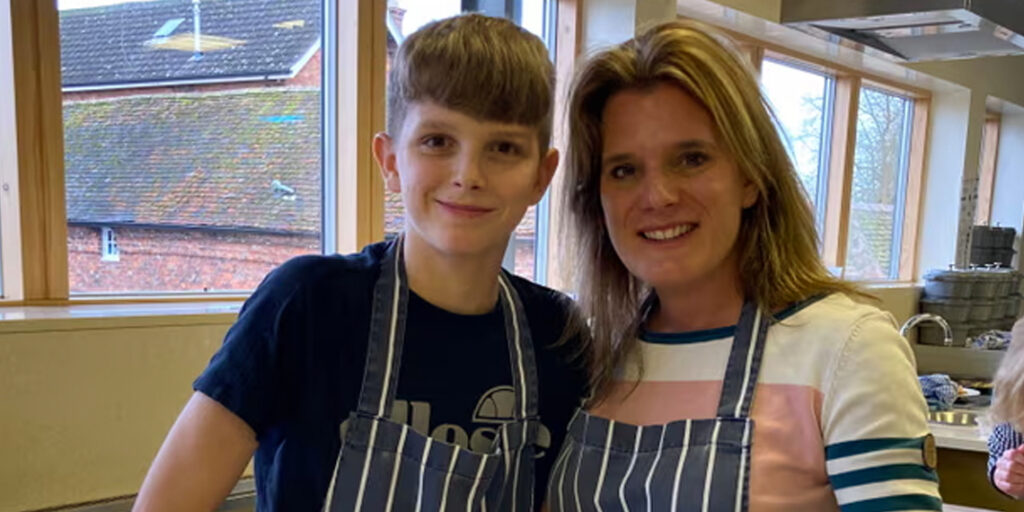Four British parents have initiated legal action against TikTok in the United States, accusing the platform of contributing to the tragic deaths of their children through a dangerous social media trend known as the “blackout challenge.”
The challenge, which became viral in 2021, is linked to the deaths of four children in 2022, according to the lawsuit.
The bereaved parents are casting doubt on TikTok‘s claim that it has deleted their children’s data, suggesting that the platform’s response lacks credibility.
“The first reaction is it’s a complete lie,” stated Lisa Kenevan, grieving mother of 13-year-old Isaac. Similarly, Liam Walsh, father of 14-year-old Maia whose inquest is still ongoing, expressed scepticism about the data deletion.
Ellen Roome is pushing for legislative change through a proposed “Jools’ law” in Parliament, named after her 12-year-old son Julian, which would automatically grant parents access to their deceased children’s data.
Roome equates social media accounts to personal diaries, emphasising the importance of access for grieving families.
Hollie Dance, whose son Archie Battersbee died at 12, also faces hurdles accessing her son’s data despite GDPR regulations supposedly granting her that right due to his age.
TikTok has stated that it has blocked searches for videos or hashtags related to the “blackout challenge” since 2020 and continues to enforce policies against dangerous content.
However, Dance has shared screenshots showing such dangerous challenges still accessible on the platform.
The parents regret ever allowing their children access to social media, lamenting the pervasive and often harmful content available to young users. “We’re basically handing our children a hand grenade,” Kenevan remarked, pointing out the psychological impact of early exposure to inappropriate content.
The upcoming Online Safety Act, which introduces a duty of care for platforms to mitigate illegal or harmful content, is viewed sceptically by Walsh, who has expressed little confidence in Ofcom’s enforcement capabilities.
The legal battle in the US was chosen after difficulties in securing pro bono legal support in the UK, according to Roome.
The families aim to make a meaningful impact and prevent further tragedies through their legal challenge.


